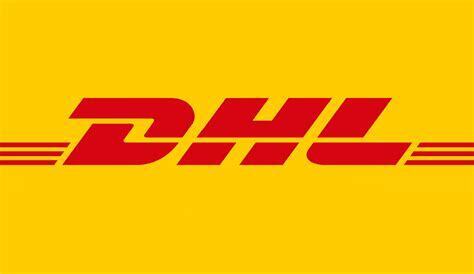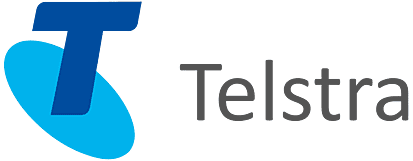As businesses evolve, so do their HR/People needs. Ensuring that your HR vendors align with your changing business goals is crucial for maintaining efficiency and achieving desired outcomes.
Here's a guide on how to review your existing HR vendors;
1. Assess Current and Future Business Goals
Begin by clearly defining your current and future business goals. Understand how these goals impact your HR needs. For example, if your company is expanding globally, you might need vendors with international reach and experience. Sharing any changed goals with vendors gives them a chance to plan ahead and respond.
2. Evaluate Vendor Performance
Assess the performance of your existing vendors. Consider factors such as:
- Service Quality: Are they meeting the service levels agreed upon in the contract or as agreed?
- Responsiveness: How quickly and effectively do they respond to your needs and issues?
- Expertise: Do they have the necessary expertise to support your evolving HR requirements?
3. Cost Analysis
Review the costs associated with each vendor. Ensure that their services provide value for money. Compare the costs with industry standards and assess whether they align with your budget and financial goals.
4. Technology and Innovation
Evaluate the technology and innovation capabilities of your vendors. Are they leveraging the latest HR technologies? Do they offer innovative solutions that can enhance your HR processes and support your business goals?
5. Scalability and Flexibility
Consider the scalability and flexibility of your vendors. Can they scale their services to match your growth? Are they flexible enough to adapt to changing business needs?
6. Compliance and Risk Management
Ensure that your vendors comply with all relevant laws and regulations. Assess their risk management practices to ensure they can handle potential risks effectively. This is especially important if your business operates in multiple jurisdictions with varying legal requirements.
7. Vendor Relationship
Evaluate the strength of your relationship with each vendor. A strong, collaborative relationship can lead to better service and more effective problem solving. Assess the level of communication, transparency, and mutual trust.
8. Feedback from Internal Stakeholders
Gather feedback from internal stakeholders who interact with the vendors regularly. Their insights can provide valuable information about the vendors' performance and areas for improvement.
9. Benchmark Against Competitors
Benchmark your vendors against those used by your competitors. This can provide insights into whether you are getting the best value and services available in the market.
10. Future Development
Ensure that your vendors are future proof. Assess their ability to stay ahead of industry trends and their plans for future development. This ensures they can support your business not just now, but in the future as well.
Conclusion
Regularly reviewing your HR vendors, either as a HR team or with your Purchasing function, is essential as business goals change. By conducting a thorough assessment of their performance, cost, technology, scalability, compliance, relationships, and future readiness, you can ensure that your vendors are aligned with your evolving business needs. This strategic approach will help your organisation maintain efficiency, competitiveness, and achieve its goals effectively.
Linq HR are specialists in the search and selection of HR industry vendors. Ph 1300234566.









